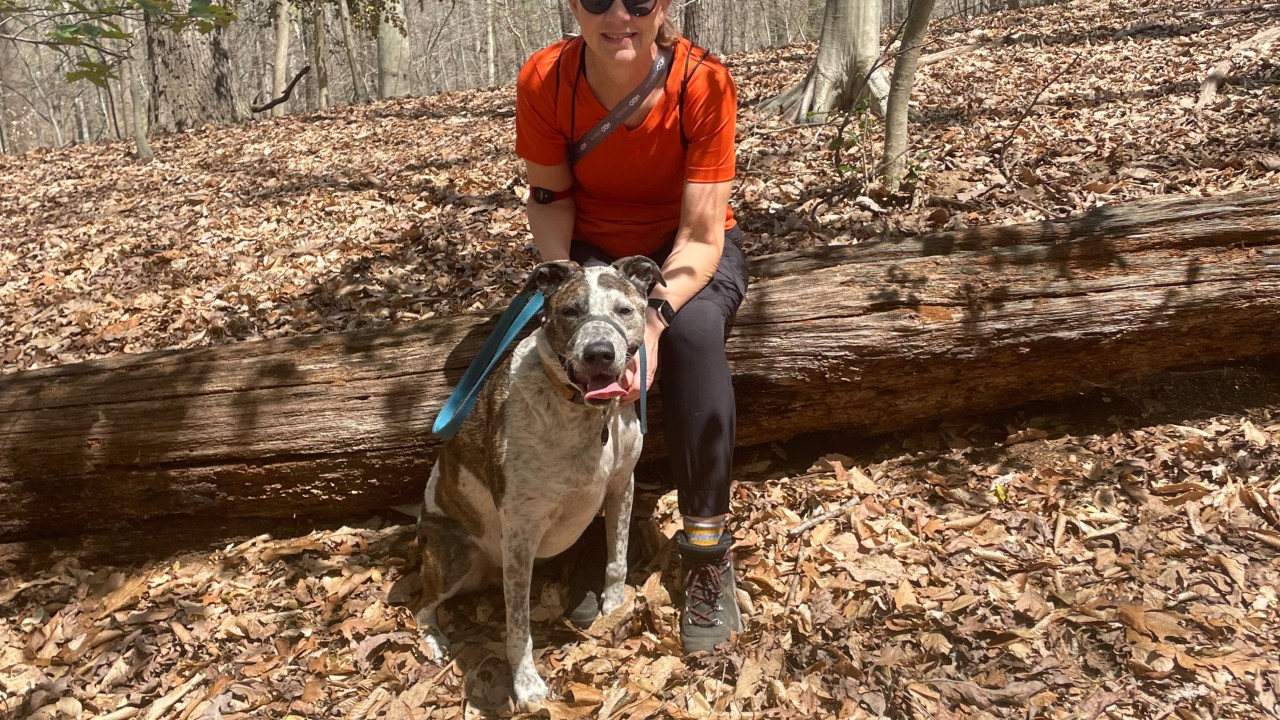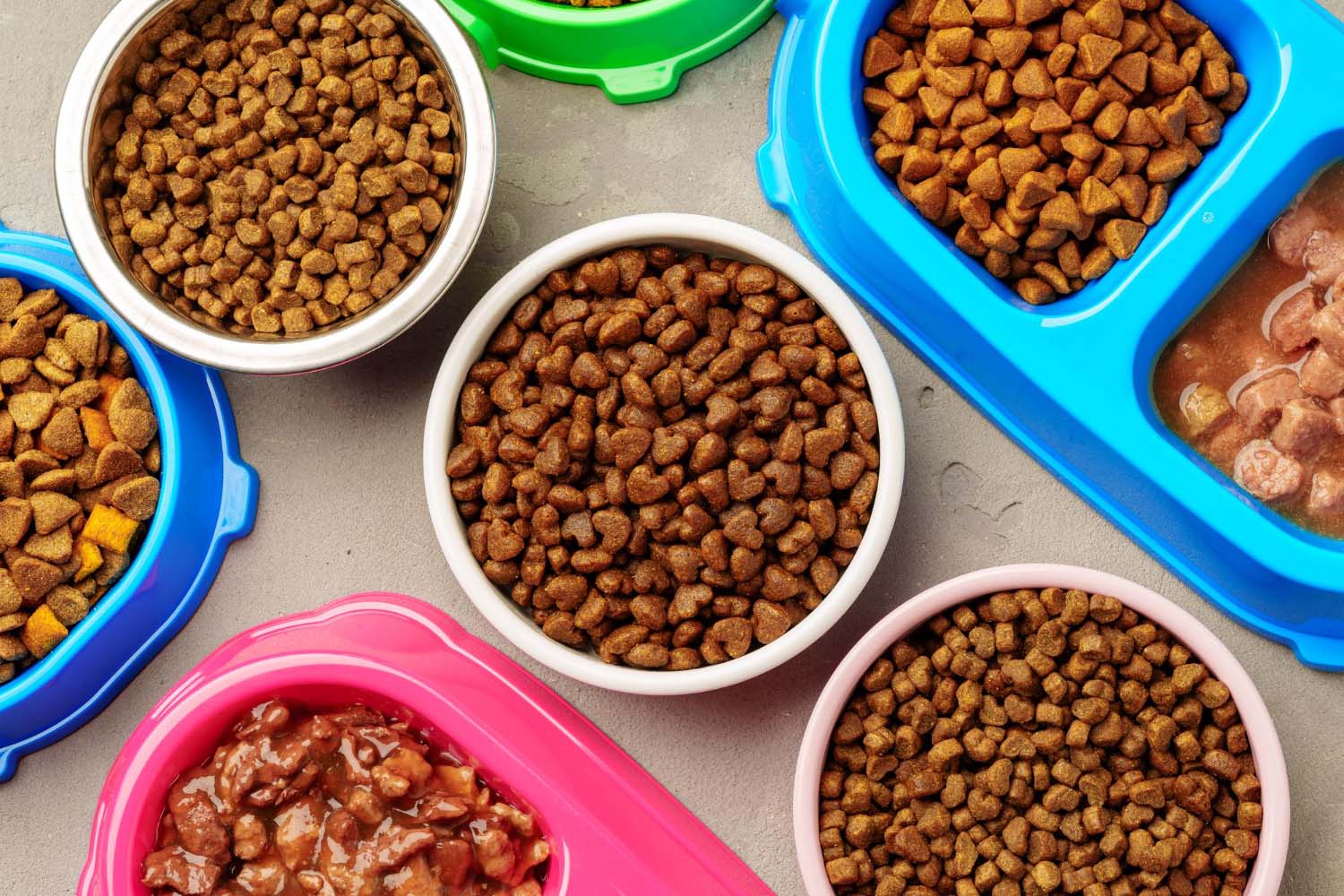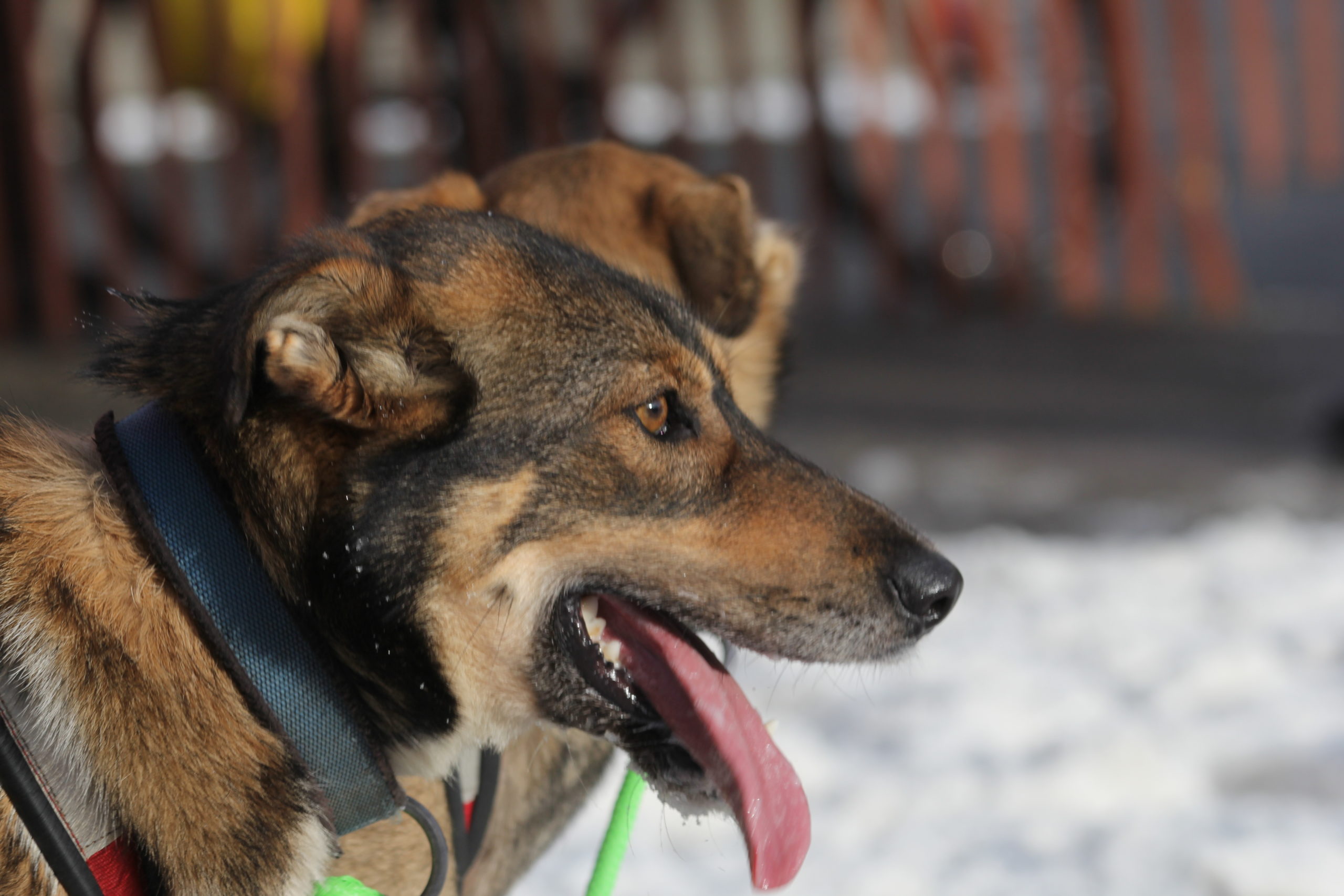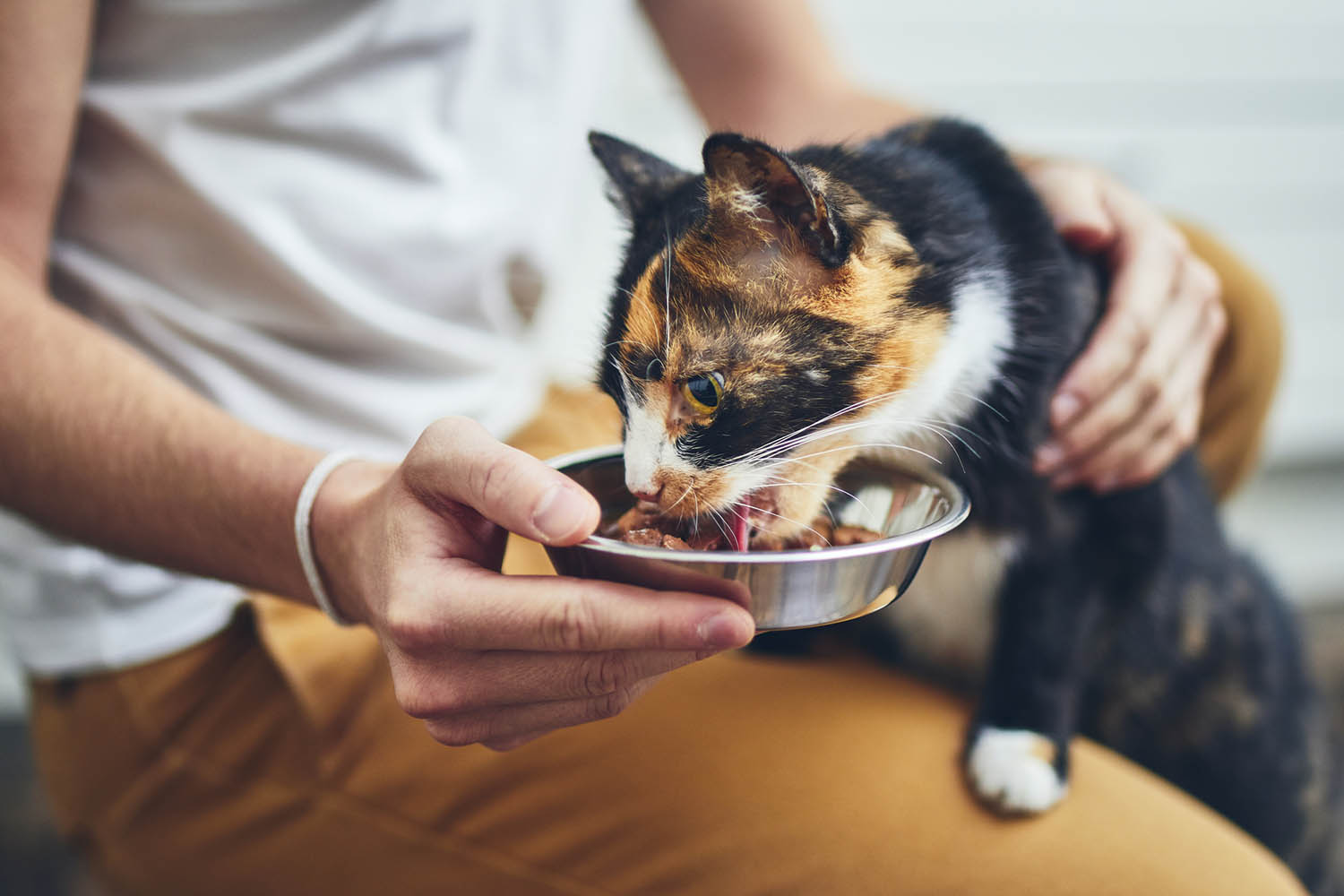By: Kelly Kanaras
PFI Director of Communications and Membership
At first, the lump on the side of my dog Grendel’s face was small. We asked the veterinarian to examine it during his annual exam, and she did not seem too concerned about it. But she did tell us to watch it and see if it grew. When I returned from a subsequent business trip, it looked noticeably larger. We scheduled a biopsy and removed the lump immediately.
Then the call came that he had cancer – the word that no pet parent wants to hear. At nine years old, chemotherapy and radiation would be very difficult for him, physically. The veterinary oncologist felt that monitoring the lump and making holistic changes would be best for Grendel. So that’s the path we chose.
As I started researching the changes we would have to make for Grendel, I was shocked by the number of people with no expertise and no veterinary credentials sharing advice on the Internet. As an employee at the Pet Food Institute, I am fully aware of the expansive research that exists about the importance of complete and balanced nutrition, as well as the nutritional deficiencies found in most homemade diets. Yet, as I scoured the web, I saw person after person recommending homemade pet food, and the recipes were clearly not complete and balanced. Our pets require more than 40 different nutrients, including vitamins and minerals, for optimal health. Is causing nutritional deficiencies the best way to combat disease?
I get it. We are sad and scared. We want there to be a magical potion that cures our fur baby. They are not just pets to us but family members that we love and adore. And so, we want to demonize something, and put a target on a reason that our pet got cancer. We are emotional, and we will do whatever we can to make our pet better. I know how that feels, and I’ve been down the cyberspace rabbit hole that, quite frankly, is full of misinformation. And worse than that, it is information that can undoubtedly be harmful to our dog and/or cat at a time when they need optimal nutrition.
So, what DO you do as a pet parent who wants to help? First, read the science. These days, anyone can position themselves as an expert. But, just because someone says something online, doesn’t mean it’s accurate. And, furthermore, it doesn’t make that person an authority. Rely on your veterinarian, veterinarian nutritionists and your pet’s oncologist and care team. These people have received years of education geared toward providing optimal health for our dogs and cats. If you do choose to conduct your own research online, look for professional experts and science-backed research.
The Pet Food Institute’s newly redesigned website is full of accurate, scientific, research-based information that you can trust. I encourage you to check out the articles housed there and reference it and the trained, skilled specialists when making feeding decisions for your pet. And if, like my dog Grendel, your beloved family member has cancer, my thoughts are with you, and I’m hoping for the best outcome for your journey.



